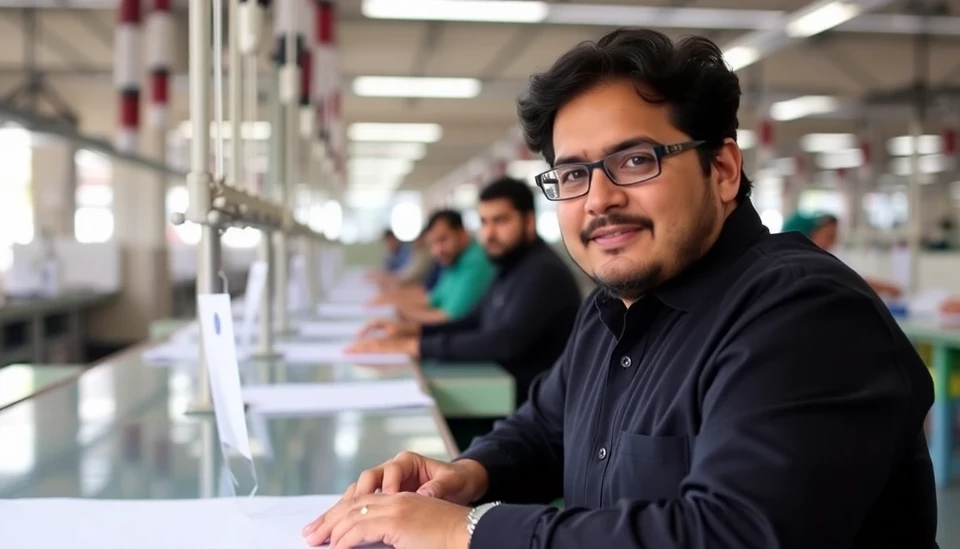
The textile industry in Pakistan, a cornerstone of the nation’s economy, is currently grappling with escalating energy costs and borrowing rates that threaten its competitiveness and profitability. As global demand shifts and domestic conditions become increasingly challenging, textile firms are feeling the strain and are being forced to reconsider their operational strategies.
In the recent fiscal shifts, energy prices in Pakistan have surged significantly, driven by a combination of international price hikes and local policy changes. Manufacturers are reporting that soaring electricity costs are eroding their margins, making it difficult to operate efficiently and remain cost-effective in the global market.
The impact of high borrowing costs cannot be overstated. With interest rates climbing in the wake of various economic pressures, textile producers are finding it more difficult to secure financing for operations and expansion. This financial strain limits their ability to invest in technology and improve productivity, which are critical factors in maintaining competitiveness against international rivals.
Global attention on sustainability and ethical production has also raised the stakes for Pakistani textile firms. Many are under pressure to modernize their processes to meet international standards, which often require substantial investment. However, with the current financial landscape, many companies are hesitant to take on additional debt or invest in long-term improvements.
An exacerbating factor is the volatility of the currency market. The depreciation of the Pakistani rupee against major currencies has increased the cost of imported raw materials, further complicating the situation for local textile manufacturers who rely heavily on these imports. This situation has led to a doubling-down on domestic resource utilization, albeit with limited success due to infrastructural challenges.
Experts are urging the government to implement reforms that can stabilize the energy sector and ease borrowing conditions to help revive the ailing textile industry. Suggestions include revising energy tariffs, exploring renewable energy sources for manufacturing, and creating a more favorable lending environment for businesses operating within the industry.
As the situation develops, both industry stakeholders and government officials are aware that without immediate intervention, the long-term prospects for Pakistan’s textile sector could be jeopardized, with potential repercussions for employment and economic stability nationwide.
#PakistanTextiles #EnergyCrisis #EconomicChallenge #ManufacturingStruggles #Sustainability #TextileIndustry #GlobalMarket
Author: John Harris




